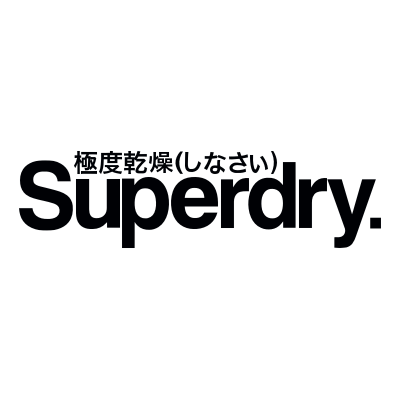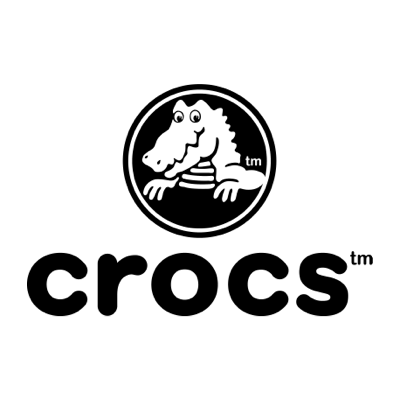With consumers demanding more products that are produced sustainably and reduce detrimental impacts on the environment, fashion brands recognize that being more responsible and transparent with their sustainable practices is simply critical for their bottom line as well as the planet.
What has tech got to do with it?
Innovative technology empowers companies to address sustainability related issues and challenges. By using a modern Product Lifecycle Management (PLM) solution, apparel businesses can monitor every aspect of a product’s lifecycle, from the raw materials used in factories to vendors’ labor practices. PLM makes it easy to track and manage compliance programs and vendor certification, ensuring peace of mind about ethical concerns in the supply chain as well as more transparency for consumers.
PLM also enables companies to plan collections with greater visibility and accuracy in terms of costs and timelines, avoiding panic situations where suppliers’ production is squeezed by time pressure and unexpected costs are passed back through the supply chain.
Let’s talk materials
One of the most effective ways businesses can have a positive impact is to choose high quality fabrics that are sustainable. By placing emphasis on using the most suitable materials, developing smart innovations for optimal performance, and sharing knowledge, brands can empower customers with great insight.
Natural materials are more desirable for some products, such as good-quality leather shoes, but high-performance synthetic materials make more sense for outdoor gear or sports equipment. There is an opportunity for brands to offer products with long-term guarantees, free repair services, consultations with stylists or product experts, along with readily available technical material specifications.
It has to be said that the best materials can often appear to be more costly, complicated, and time-consuming to produce, so product sourcing timelines need to be managed more carefully. In addition, brands that choose to offer repair services need close integration from manufacturing to customer service to make sure repairs are carried out effectively and promptly, and that data about repairs can be used to improve future products.
Managing materials with a single source of truth
In order to offer expert advice and confidently sell to ever-curious consumers, staff need to have access to a huge amount of product and material data. That’s where Centric PLM’s Material Management module becomes essential.
Centric Material Management tracks material usage across product lines, seasons, and departments, ensuring quality, delivery, and margins. Combining the buying power of the sourcing team with the creative power of the design team, this module enables current, accurate, up-to-the-minute material detail—for products, suppliers, and aggregated demand.
Centralizing material specification data with a consistent, familiar, easy-to-use interface ensures that approved materials are available when needed. Complete visibility into the material design and development cycle eliminates data entry errors and reduces lead times. Roll-up of material usage across all the styles in a collection enables significant leverage to negotiate the best pricing and avoids under- or over-purchase of materials.
“The biggest initial impact will be having a single source of truth, with a materials library and Bill of Materials (BOM) library for current and historical product data. We’ll be able to predict material order quantities more accurately, improve access to test data for the quality team and evaluate whether materials are meeting our sustainability goals.” NEMO
Ensuring quality for customer satisfaction
With PLM, companies can monitor compliance and set quality expectations, ensure global and regional technical standards are respected and reassure customers that suppliers meet ethical and environmental expectations.
Smart brands can also leverage the use of connected mobile apps for factory audits, quality control and field testing to support more detailed, real-time control of standards at every stage.
Thanks to Centric PLM, DZ Group can now connect their entire sourcing team with suppliers to maintain the highest level of product quality. The sourcing team is able to efficiently manage vendor communication, proposals and quotes, monitor compliance to meet sustainability practices and international standards, and set acceptable product quality limits to evaluate supplier performance.
Ready to make more sustainable decisions about your materials?
Book a free, personalized demo today to see why 500+ companies including BESTSELLER, Superdry and Saint Laurent trust Centric PLM to improve sustainability, efficiency and costs.




